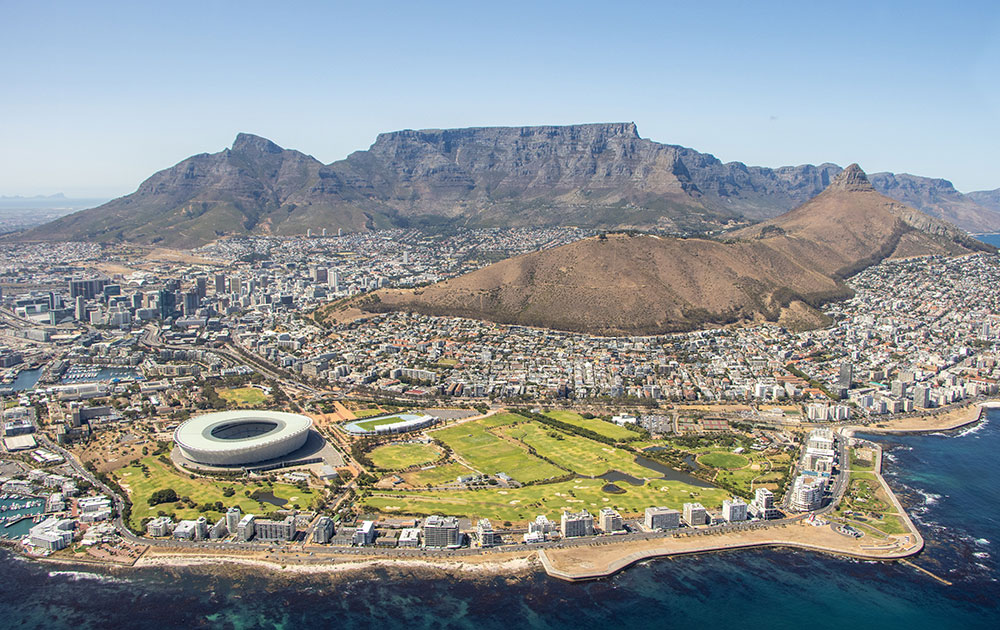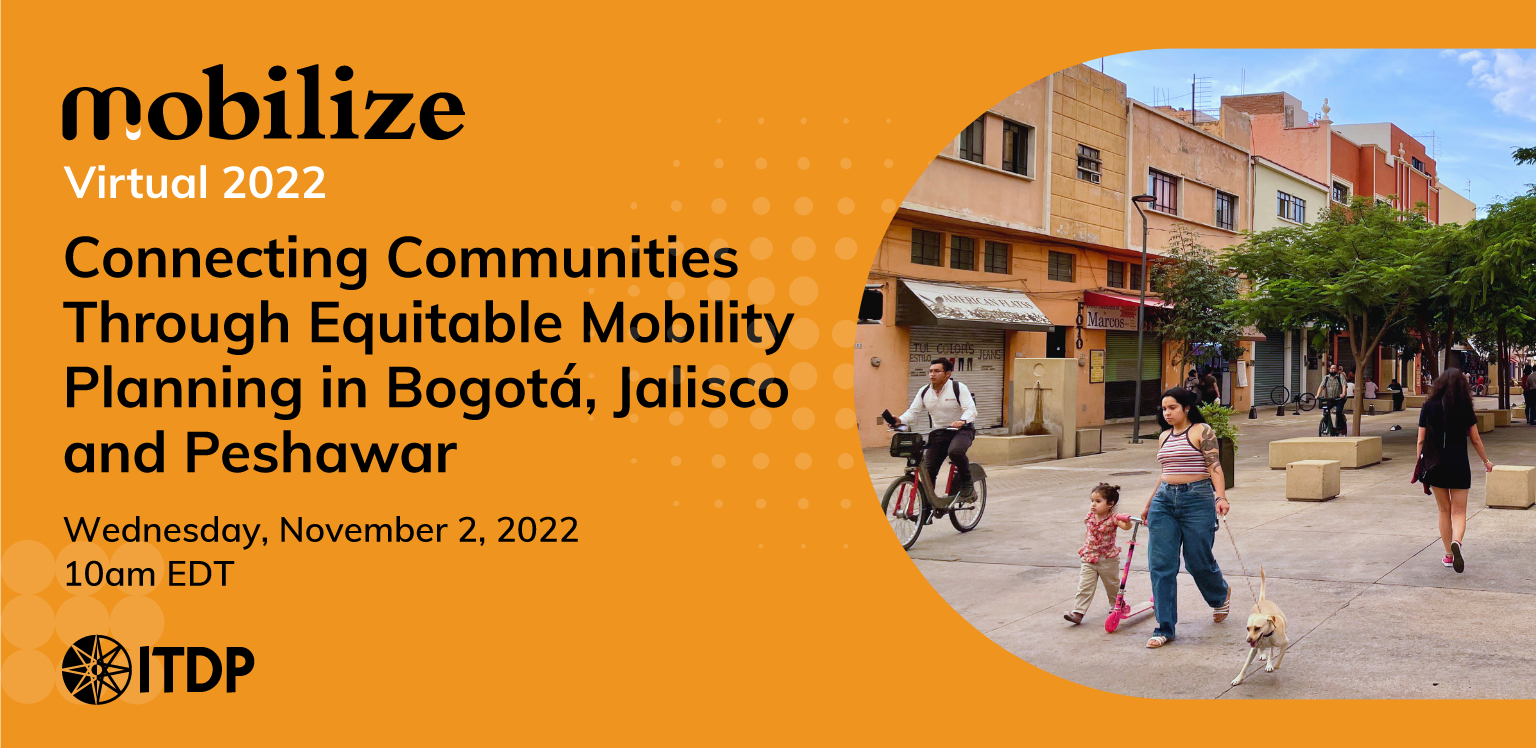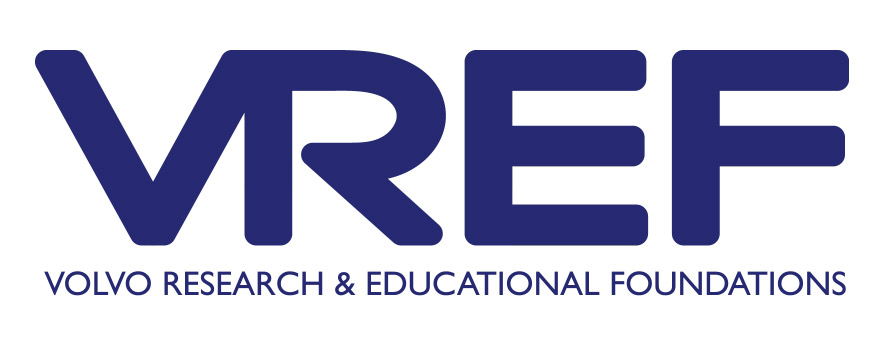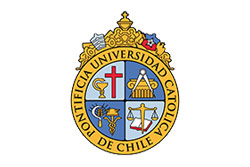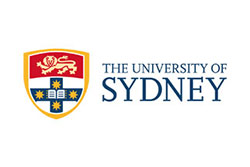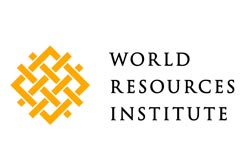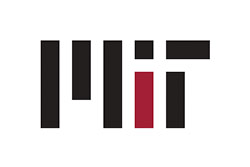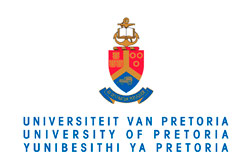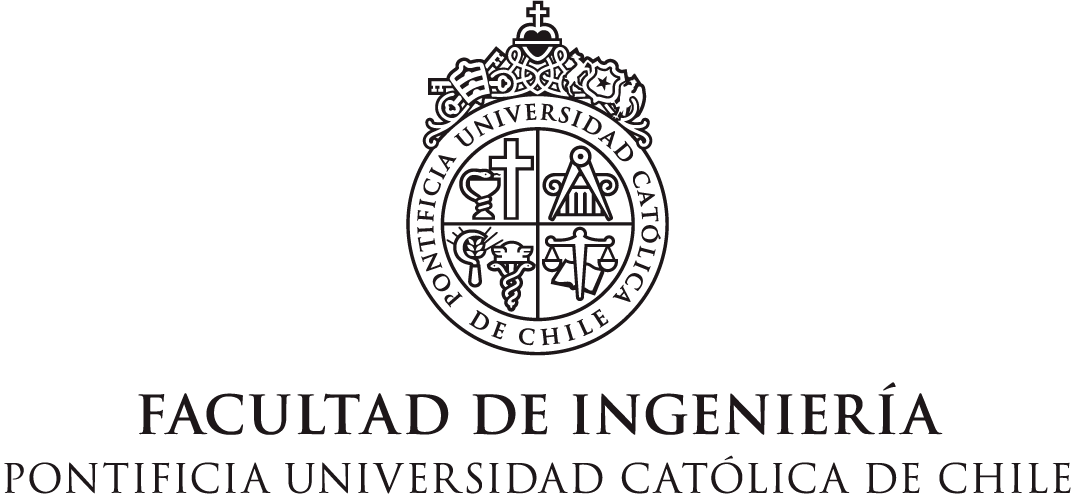The city’s BRT network has expanded sustainable mobility options to millions
Source: EMBARQ at WRI ROSS CENTER FOR SUSTAINABLE CITIES (June 23rd, 2015)

Line 4 of Metrobus in Mexico City. Photo by EMBARQ Mexico. Location: Mexico City/Mexico DF.
On Friday, June 19, Metrobús—Mexico City’s bus rapid transit (BRT) system—celebrated its tenth anniversary. Since opening in 2005, Metrobús has made a concrete impact on both the city and the lives of its users. It once took the average person more than 2.5 hours to commute one way, but the system’s segregated bus lanes have helped cut travel times by 42 percent. Reduced travel time is one of the reasons why 17 percent of users now take Metrobús instead of private cars, preventing 150,000 car trips every day. As a result, the system is credited with mitigating 122,000 tons of CO2 emissions annually and considerably reducing residents’ exposure to other pollutants.
Metrobús was a response to years of intense traffic and air pollution. In 2002, World Resources Institute (WRI) partnered with the city, as well as the World Bank, Shell Foundation, the Mexico District Government, and several other organizations to improve air quality. The success of the system involved persistent, on-the-ground work from our EMBARQ sustainable urban mobility team along with the support and trust of numerous local politicians.
Partnering together for a collaborative solution
In 2002, WRI helped create CTS-EMBARQ (the Center for Sustainable Transport) in Mexico City with the goal of reducing traffic and pollution throughout the city. Ultimately, BRT emerged as a cost-effective and efficient solution that could provide many of the benefits of metro rail expansion at a fraction of the cost. WRI and our CTS-EMBARQ team helped facilitate tours for Mexican officials to view existing BRT systems in Curitiba and Bogota, and provided technical expertise in Mexico to support the design and creation of Metrobús.
One of the early challenges that Metrobús faced was the opposition of private transport operators who owned “minibus companies”. These unregulated diesel buses dominated the capital’s streets and contributed to air pollution and traffic. In order to bring these interests onboard, the EMBARQ team helped craft a business plan for a new entity, combining existing operators into one company and replacing old buses with new, safe, energy-efficient, and attractive buses.
Thanks to the persistence of the implementation team, along with the vision and leadership of many parties, the first Metrobús line began operating along Avenida de los Insurgentes on June 19, 2005. The initial line served 220,000 people along a 19 km (12 miles) route with 80 buses. Today, the whole system carries nearly one million people every day, covering 105 km (65 miles) with a fleet of 441 units.
Metrobús serves as a national and global leader
The expansion of Metrobús has catalyzed positive changes across the city. For example, Line 4—running through the historic city center and to the airport—adopted a “light BRT” design to fit the context of narrow historic streets. There are no large stations or segregated lanes, but the line has brought safety, tourism, and economic activity to the local community. Similarly, the line is part of a “complete streets” project, which involves a complete redesign of the streetscape along the corridor. Today, the street features reclaimed sidewalks, bike paths, exclusive lanes, safe crossings, signalized pedestrian crossings, and accessible public spaces.
In the last decade, Metrobús has been an inspiration both nationally and in Latin America. There are 7 cities in Mexico with mass transit systems and a total of 298 km covered by BRT. 4 additional projects are currently in development and 17 are in the planning stages. However, the challenge has been to maintain Metrobús-level standards of service, while adapting designs to fit the unique context of other cities. To help replicate Mexico City’s success, a new federal funding mechanism, PROTRAM, was created in 2009 to fund transport projects in other Mexican cities.
Today, Metrobús is recognized as first-class BRT, expanding access to safe and efficient mobility for citizens of Mexico City and beyond.
To learn more about the social, environmental, and economic impacts of bus rapid transit, watch our video.


